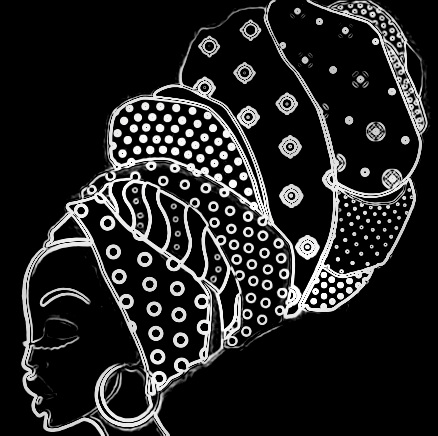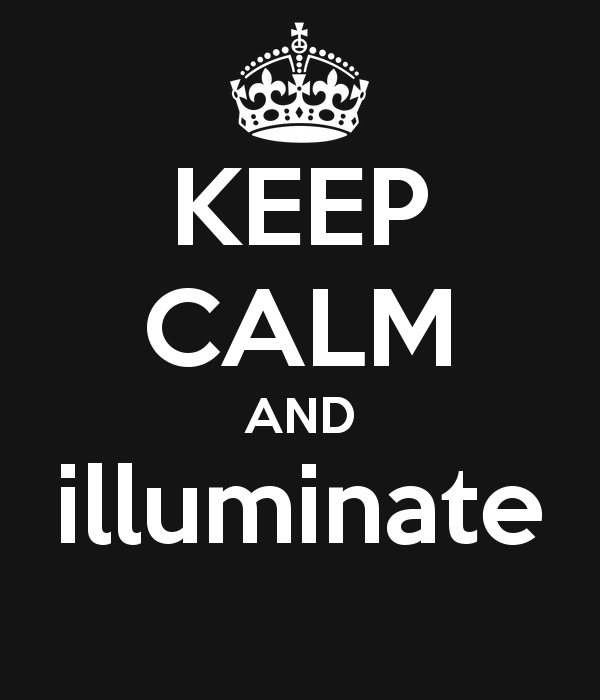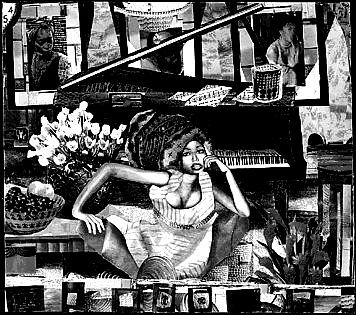Exams! Finished! Finally!
This was over two weeks ago, but I haven't had internet access for ages (*waves sarcastically to Ethionet*), so this is the first chance I've gotten to write, or check my mail, or anything else. I have to admit, I have been suffering from serious internet withdrawal. I even got the damn shakes!
Anyway, I arrived in Addis Ababa a little over two weeks ago (one of the many places my nomadic family calls home), and for the first week, I did absolutely nothing. Except watch a whole hell of a lot of television and sleep which I think everyone is entitled to do on the first week of vacation. During this week, I discovered, rather alarmingly, how easy it is to get addicted to nonsensical reality shows on MTV (8th and Ocean--follows the misadventures of 8 hot models trying to make it in Miami!! My Sweet Sixteen--follows the misadventures of disgustingly wealthy children who throw crude, lavish birthday parties that cost enough to feed, clothe, and provide medication for a small country!! Laguna Beach--follows the misadventures of 8 hot, non-model, disgustingly wealthy children whose combined allowances are equivalent to the cost of feeding a small country and who...um...live near a beach!!!). I also discovered that Tyra Banks really likes to take off her make up and show us "the real [her]", and that Oprah is getting on my last frayed nerve. But that's another entry for another time.
Once I finally got out of the house and choked on the fresh air, I began taking walks with my mother every morning around our area of town. The city is growing at such an incredible rate because so many people from abroad have come home to invest. In five years, Addis will look completely different. It's always exciting being somewhere where things are happening, where people are building, where you can see real growth. But what strikes me most about this country, is the people. The people are incredibly beautiful, inside and out (however cheesy that may sound). It's well known that Ethiopia is the only African country that was never colonized. What I had never noticed before, however, is how the nature of the people here reflects this fact. The legacy of colonialism is not restricted to our socio-economic-political systems, but it remains within us. Although each country's story is different, colonialism has had a significant impact on the spirit of the people that were colonized, and on their descendants. Some 40 years later, my generation is still battling the legacy of colonialism, sometimes overwhelmed by how to deal with the remnants of years of foreign rule that successfully divided and conquered our people. Coming from Rwanda, where this legacy eventually resulted in the horrific events of 1994, the effects of colonialism are very real, and have essentially succeeded in destroying a people that were once united by a common history and vision. Colonialists not only ensured that we knew and accepted that we were lesser beings than they, but they also ensured our society was divided such that--within our own people--we developed superiority and inferiority complexes that have lasted for generations. As with many other African states, the people have not lost their pride and sense of self, despite all of this. Our spirits, however, have been shattered to a certain extent. The people of Ethiopia, on the other hand, have never considered themselves inferior to anyone. When the Italians invaded in the 1920s, they fought back with everything they had and ran them out. When the Italians successfully took power in the 1936, sending Emperor Selassie into exile, resistance was immediate and continuous for five years. Those who led the resistance movement are referred to as Patriots, and they continuously battled Italian rule losing thousands of people in the process until they had returned the Emporer to power in 1941. Today, those patriots are buried in the graveyard of the Holy Trinity Cathedral in Addis Ababa, which was built by Emporer Selassie, and in which he himself is buried. The spirit of these people, the spirit of resistance has contributed to an Ethiopian self-image that is incredibly proud and unwavering, and--quite frankly--awe-inspiring.
This past weekend, my family went on a museum tour that was essentially a crash course in Ethiopian history, which is so rich and so well documented. This tour wound up at the University Museum, which is located at the Institute for Ethiopian Studies at the University of Addis Ababa. The building itself is the former palace of Haile Selassie who donated the building to the University in the 1950s, and as we were taking the tour, we turned the corner and were suddenly in his bedroom. I don't know how to accurately describe what it felt to be standing there. The room itself is very simple, with a bed, chair, desk, wardrobe, and a small statute of the Lion of Judah in the corner. There was nothing incredible or out of the ordinary about the room. But it was nevertheless, an incredible experience.
I know that Selassie made many mistakes during his reign, particularly in the latter years. He was, like any other, flawed and his leadership had its shortcomings. During his reign, parts of this country were engulfed in famine for many years, for example. But the man was, for the most part, a great leader. An inspiration not only to Ethiopians, but to all Africans. I stood for a long time at his desk, staring at his writing pad, and noting the remnants of ink from the inkwell, and imagining him sitting there, writing the speech he gave to the League of Nations in Geneva in 1936, following Italys invasion. And even though it was historically inaccurate, I also allowed myself to imagine him sitting at that desk, composing the legendary war speech, which he made to the United Nations in 1963. The sources of my admiration for Selassie as a man and as a leader are not only the words of those speeches, but the spirit contained therein. And this spirit of courage and resistance and pride is not contained to this one man. Rather, he was a reflection and a product of the rich heritage and defiant spirit of the Ethiopian people. This is their legacy. And I stood there in awe, speechless for the first time in ages, as one would be in the presence of greatness.
I know that right now, African people continue to battle the legacy of colonialism, and we are forever trying to forge an identity that is not tainted by this history. I'm sure we'll get there someday. And when we do, we'll be able to produce great, fearless leaders (not rulers), who will be a reflection of their people.
Excerpt from Haile Selassie I's address to the United Nations in 1963 on Peace:
That until the philosophy which holds one race superior and another
inferior is finally and permanently discredited and abandoned: That until there are no longer first-class and second class citizens of any nation; That until the color of a man's skin is of no more significance than the color of his eyes; That until the basic human rights are equally guaranteed to all without regard to race; That until that day, the dream of lasting peace and world citizenship and the rule of international morality will remain but a fleeting illusion, to be pursued but never attained; And until the ignoble and unhappy regimes that hold our brothers in Angola, in Mozambique and in South Africa in subhuman
bondage have been toppled and destroyed; Until bigotry and prejudice and malicious and inhuman self-interest have been replaced by understanding and tolerance and good-will; Until all Africans stand and speak as free beings, equal in the eyes of all men, as they are in the eyes of Heaven; Until that day, the African continent will not know peace. We Africans will fight, if necessary, and we know that we shall win, as we are confident in the victory of good over evil.
Currently listening : Exodus
By Bob Marley and the Wailers

H.I.M








